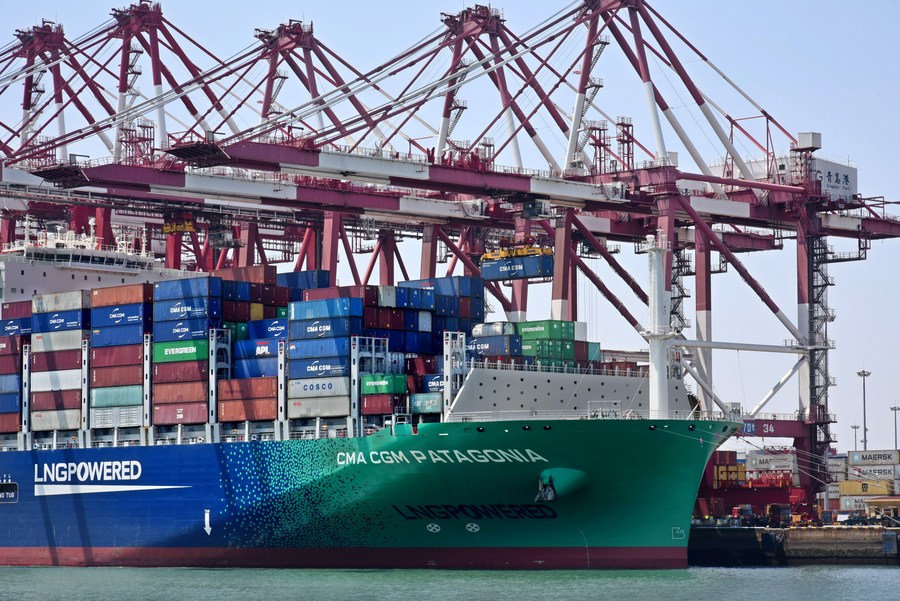Time to rethink the China tariffs policy: US media
chinadaily.com.cn | Updated: 2022-10-18 16:15

The "China tariffs", which are under review by the US trade representative to find out whether they are effective or not, have actually failed economically, politically, and legally, according to an opinion piece on the website of the Hill on Oct 10.
The article pointed out that the tariffs, which were originally imposed between 2018 and 2019 by then-President Donald Trump based on Section 301 of the Trade Act of 1974 and are still in effect under President Biden, have caused severe damage to the US economy.
Contrary to Trump's expectations that the tariffs would ensure US prices to rise and Chinese prices to fall, China moved its exports to third markets without changing its prices. "In fact, China's exports to the world did not decline, and commanded the same price after the tariffs as they did before."
After the tariffs took effect, it noted, US retail prices on affected goods didn't change and American wholesalers and retailers took the full cost. "US export competitiveness also took a beating, given the higher costs of imported inputs. "
The biggest myth that the tariffs would boost US manufacturing employment was debunked, the article argued. Instead of increasing, US manufacturing employment fell by over 2 percent in "industries most exposed to the tariffs and Chinese retaliation".
Finally, the claim that the revenue generated from the tariffs outweighed their costs was also proved nonsense, it noted. "By themselves, the 2018 tariffs came at the expense of roughly 0.05 percent of gross domestic product (GDP). Throw in the 2019 tariffs, and the economic damage soars to around 0.2 percent of GDP."
The article also emphasized that the last card by the China tariffs supporters that Section 301 brought Beijing to the bargaining table is too absurd. "The purchase agreements built into Phase 1 of Trump's US-China deal were embarrassing, and didn't come close to making US agricultural exporters "whole" after Trump pulled out of the Trans-Pacific Partnership (TPP). There was no Phase 2, and even aspirations for it paled in comparison to what the TPP promised."
To make things worse, the US was forced to defend the tariffs at the World Trade Organization (WTO), citing "an implausible (albeit creative) affirmative defense about 'public morals.'" The argument that "Chinese intransigence was seen by Americans as morally repugnant", didn't work.
In light of the current evidence, it concluded by calling on the US to redouble its efforts in the classroom and "claw back its tariff authority to rein in Section 301."
























